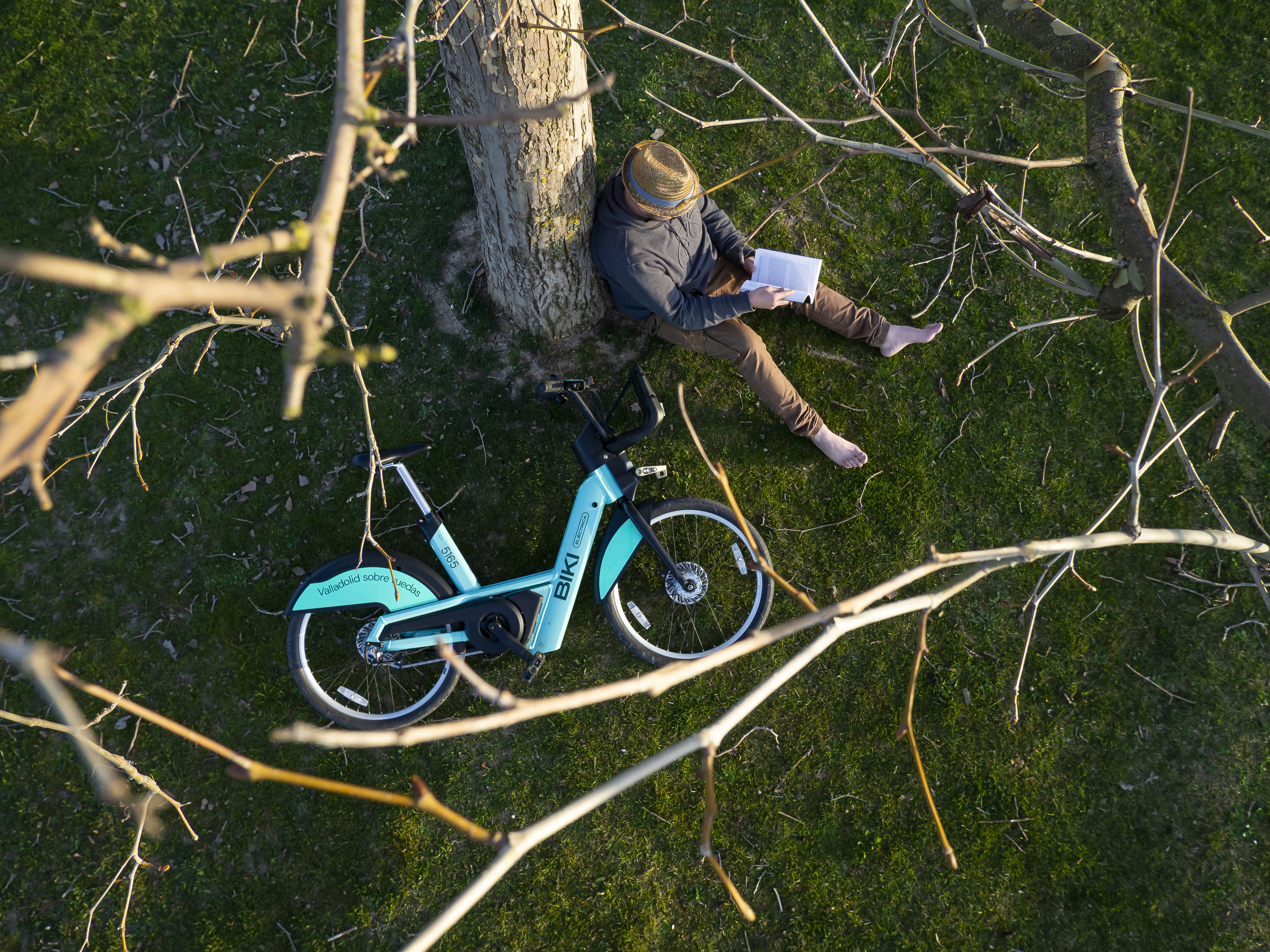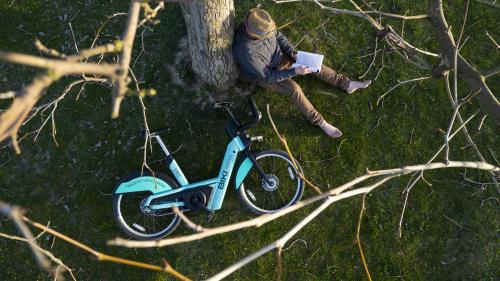
Protecting the planet is no longer an option, it is a responsibility of public administrations, companies, and citizens. Together they have to pave the way to go as far as possible and leave the best legacy. Valladolid wants to place itself in a privileged position to become the mirror in which other cities can look at themselves to reduce polluting emissions and greenhouse gases.
To do so, the Innovation and Economic Development Agency of the Valladolid City Council will present before the end of January its proposal for the European Mission 100 Smart and Climate Neutral Cities, an initiative that is part of the new funding framework of the European Union Innovation Program ‘Horizon Europe’. “It implies an ambitious commitment to innovation and urban avant-garde in sustainable urban growth,” says Charo Chávez, Councilor for Innovation, Economic Development, Employment and Trade.
One of the key aspects of these missions is that they better connect the needs of citizens with Research, Development and Innovation projects, in such a way they impact on their daily quality of life. Hence the great ambition of the missions and their five vital areas: cancer (improving the lives of more than 3 million people by 2030); adaptation to climate change (supporting the resilience of at least 150 European regions and communities by 2030); restoration of our ocean and waters by 2030; 100 Smart and Climate Neutral Cities by 2030; and a deal for Europe's soil (leading the transition towards healthy soils by 2030).
The Innovation and Economic Development Agency of the Valladolid City Council is looking for projects that contribute to its objective of becoming a climate-neutral city by 2030. The deadline for submitting projects is next Friday, January 21st. The idea, explains Angela Rivada, coordinator of European programmes at the Agency, is to put on the table the greatest possible number of projects with impact, efficient and viable both technically and economically.
In this regard, citizens can do their share. How? She gives as an example that some communities of owners are presenting initiatives for the energy rehabilitation of their buildings, a practice that is “necessary”, especially for buildings over 60 years old, and “fundamental” to achieve the objective of climate neutrality. “We want mature projects that can truly serve to build a cutting-edge city that serves as a mirror for others.”
And, as Angela Rivada recalls, the Smart and Climate Neutral Cities Mission will select 100 cities that will be the spearhead, engine and inspiration for other urban centres, in such a way that they set the pace and accelerate the essential changes with the aim of decarbonisation by 2030.
It is true that the focus is on becoming part of this team. However, even if we are not selected, we will continue working to be a climate-neutral city by 2030. Also, she points out, with these projects, Valladolid reinforces its commitment to remain at the European forefront in action to mitigate the climate emergency and in promoting innovation oriented towards missions that improve people's lives.
“It represents a great opportunity for the city of Valladolid due to its impact on people's well-being, sustainability, ecological transition and adaptation to climate change, as well as facilitating the attraction of investments, the promotion of carbon-neutral economic initiatives, the generation of jobs and the promotion of research and innovation from its entire innovative ecosystem, positioning itself to attract financing and investments and promoting public-private collaboration processes, since through this call, cities will be able to obtain the Mission label, which will recognize the quality and viability of their commitments, giving preferential access to different financing funds."
"Valladolid has been working in this direction for years and we want to be part of this European Mission," stresses the coordinator of European programmes. To do this, we need the help of all actors in civil society, the academic world and technology centres, economic sectors and other public institutions.
[…]
Article published in the Innovators supplement of El Mundo de Castilla y León. Prepared by E. L.
